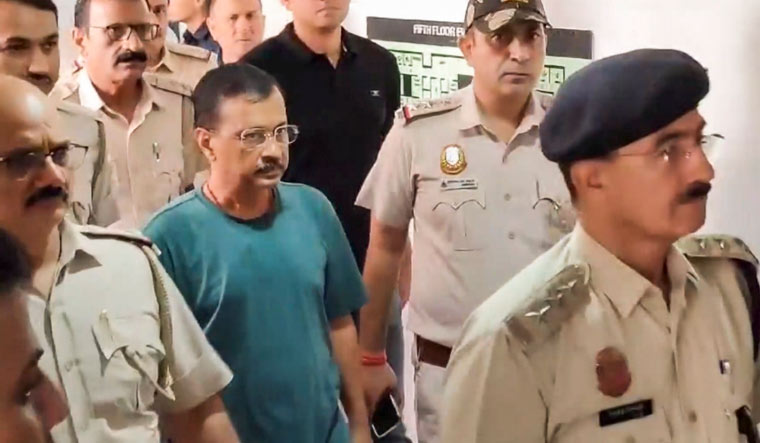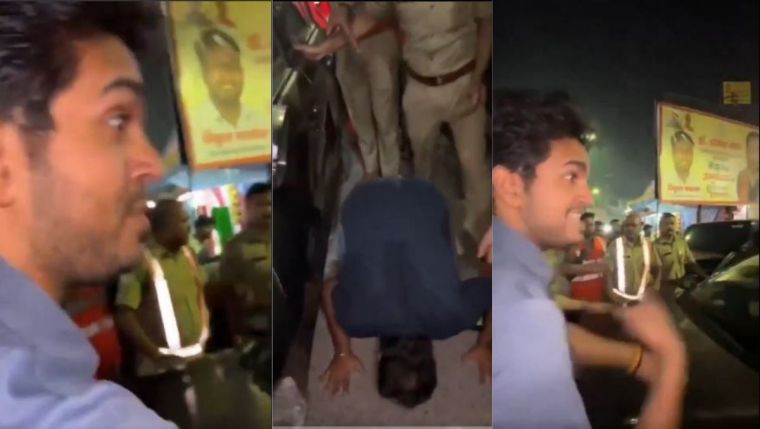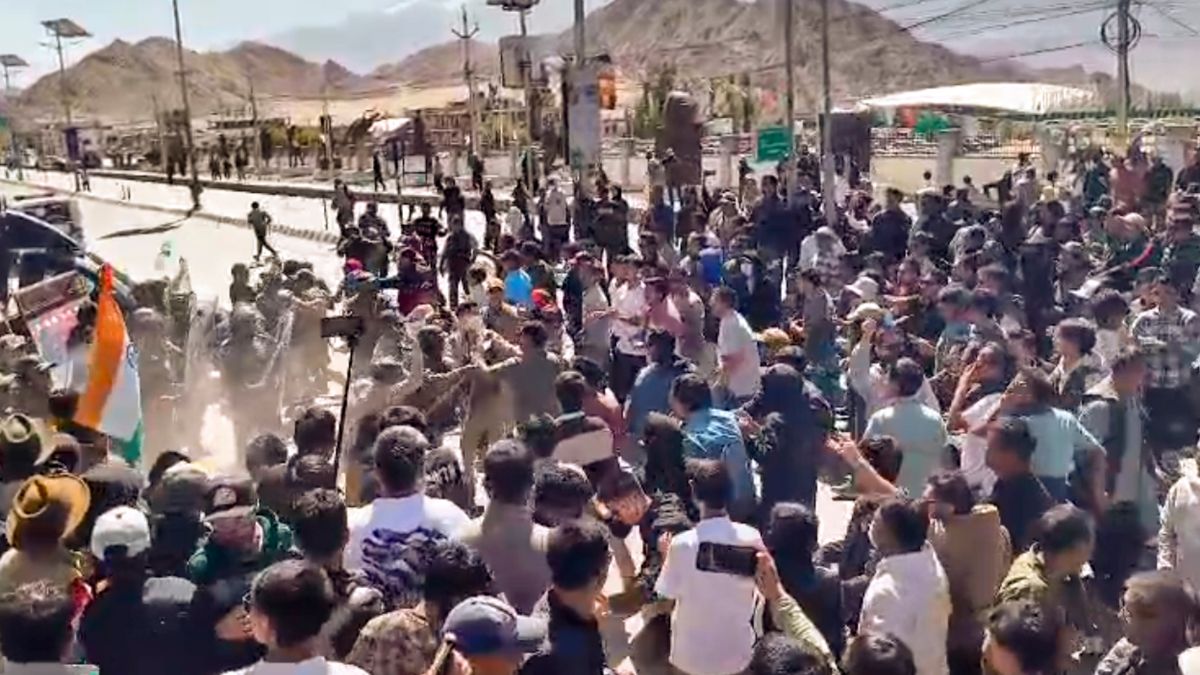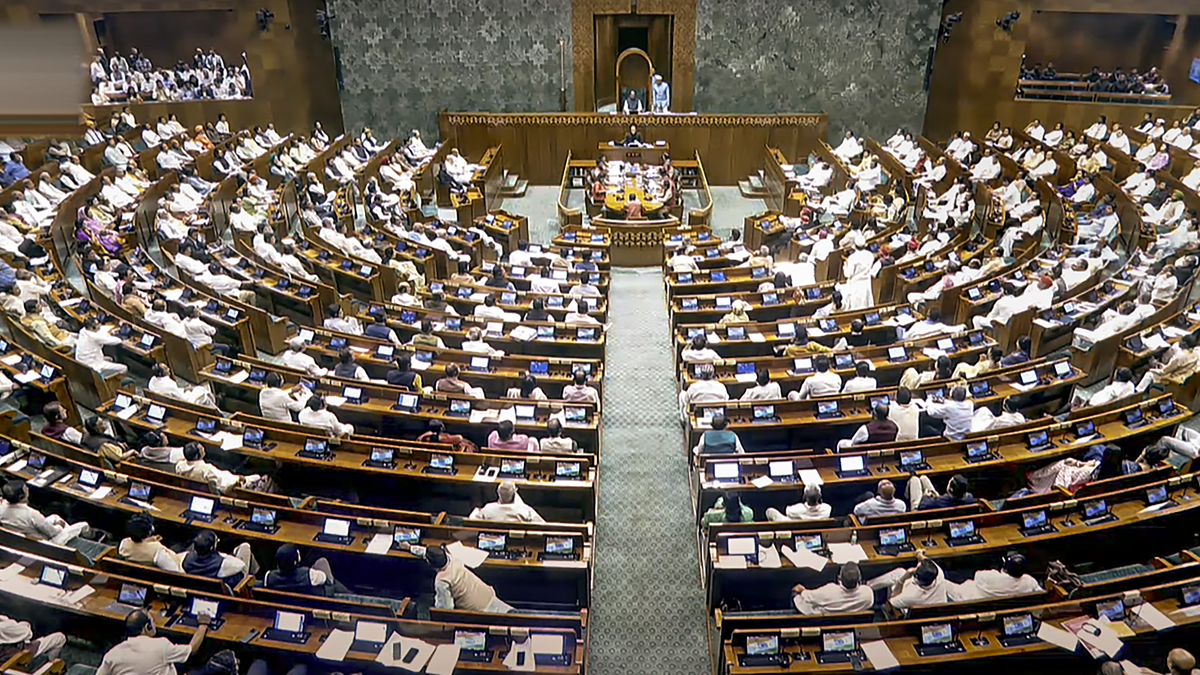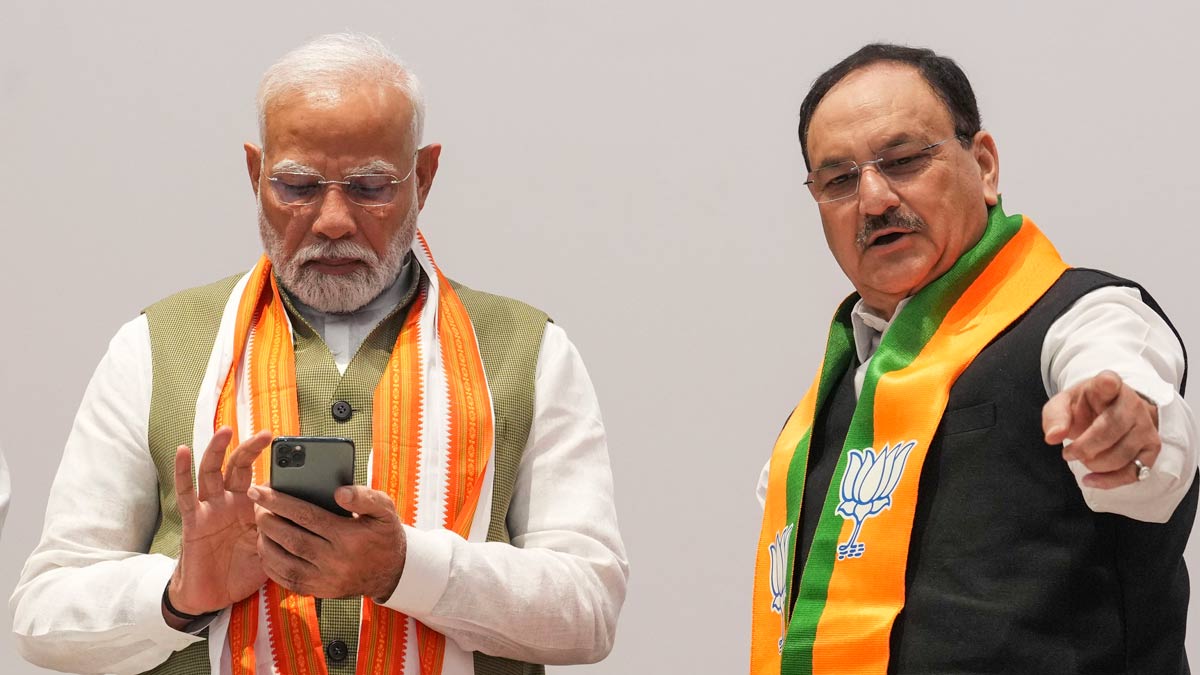In a significant turn of events, Delhi Chief Minister Arvind Kejriwal has been remanded to 14 days in custody by the Central Bureau of Investigation (CBI). This decision was made by a Delhi court following a hearing that underscored the complexities and gravity of the case against the Chief Minister. The news has sent shockwaves through political circles and has drawn intense public scrutiny.
Background of the Case
Arvind Kejriwal, a prominent political figure and leader of the Aam Aadmi Party (AAP), has been under investigation by the CBI for alleged corruption and misuse of power. The charges, though not fully disclosed, pertain to financial irregularities and administrative decisions made during his tenure. The CBI has argued that custodial interrogation is crucial for uncovering further details and for the thorough progression of their investigation.
Court Proceedings
The court session was marked by detailed arguments from both the CBI and Kejriwal’s legal team. The CBI presented its case, emphasizing the necessity of Kejriwal’s custody to prevent any tampering with evidence and to facilitate a comprehensive interrogation. Kejriwal’s defense team, on the other hand, contested the need for custody, arguing that their client had cooperated fully with the investigation thus far.
Despite the defense’s arguments, the court ruled in favor of the CBI, citing the severity of the charges and the potential impact on the ongoing investigation. The decision to place Kejriwal in custody for 14 days underscores the seriousness with which the court is treating the allegations.
Political Reactions
The court’s decision has elicited a wide range of reactions from political leaders and the public. Members of the AAP have condemned the decision, viewing it as a politically motivated move aimed at undermining Kejriwal’s leadership and the party’s reputation. They have called for peaceful protests and have vowed to fight the charges vigorously.
On the other hand, opposition parties have largely supported the court’s decision, arguing that the law must take its course irrespective of the individual’s political standing. They have urged the CBI to conduct a fair and transparent investigation to ensure justice is served.
Public Opinion
Public opinion on the matter is deeply divided. Supporters of Kejriwal see this as an attack on a leader who has consistently fought against corruption and has introduced numerous public welfare schemes. They believe that the charges are fabricated and are a tactic to discredit the Chief Minister.
Conversely, critics argue that no one is above the law, and if there is substantial evidence against Kejriwal, he must face the consequences. They insist that the judicial process should be allowed to proceed without political interference.
Impact on Governance
With Kejriwal in CBI custody, the immediate question is how this will affect the governance of Delhi. The Deputy Chief Minister and other senior officials are expected to take on additional responsibilities to ensure that the administration continues to function smoothly. However, the absence of the Chief Minister could pose challenges, particularly in the execution of key policies and initiatives.
Legal Perspective
Legal experts have weighed in on the implications of Kejriwal’s custody. They note that while custodial interrogation is a tool used to uncover vital information, it must be justified with substantial evidence of non-cooperation or obstruction of justice. The coming days will reveal more about the evidence the CBI holds and the direction the investigation will take.
Future of AAP
The AAP, under Kejriwal’s leadership, has built a significant political presence, particularly in Delhi. This legal battle poses a critical test for the party’s resilience and unity. Party leaders have expressed confidence in Kejriwal’s innocence and have pledged to continue their political mission undeterred.
The party’s future strategy will likely focus on rallying public support, highlighting their achievements, and portraying Kejriwal as a victim of political vendetta. How effectively they manage this crisis will have a profound impact on their political fortunes.
Conclusion
The Delhi court’s decision to send Arvind Kejriwal to 14-day CBI custody marks a pivotal moment in Indian politics. As the investigation unfolds, the focus will remain on ensuring a fair judicial process and uncovering the truth behind the allegations. The repercussions of this case will be felt across the political spectrum, influencing public opinion and shaping the future of governance in Delhi.
































